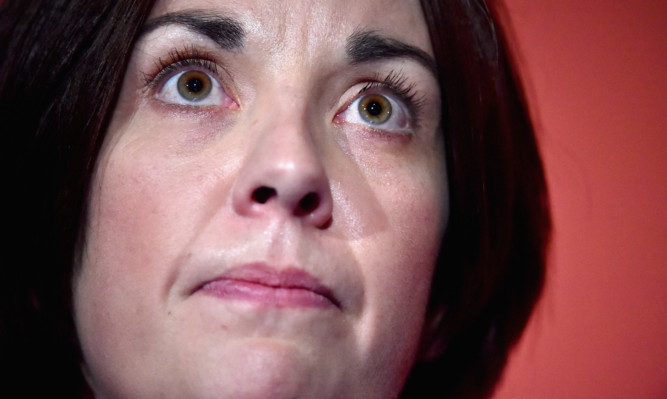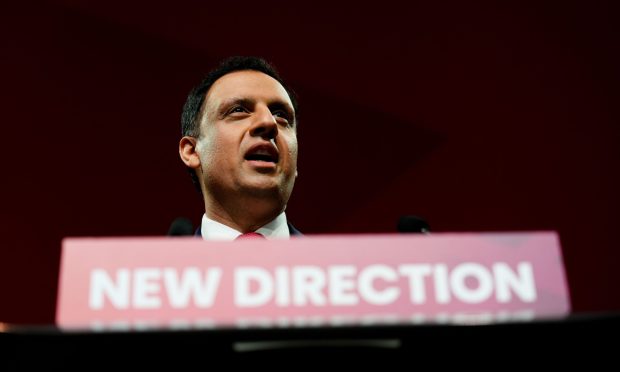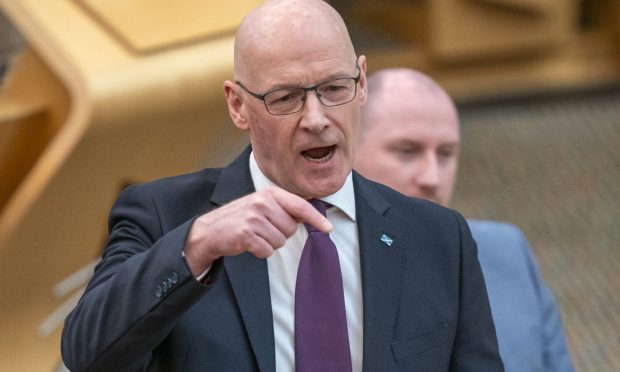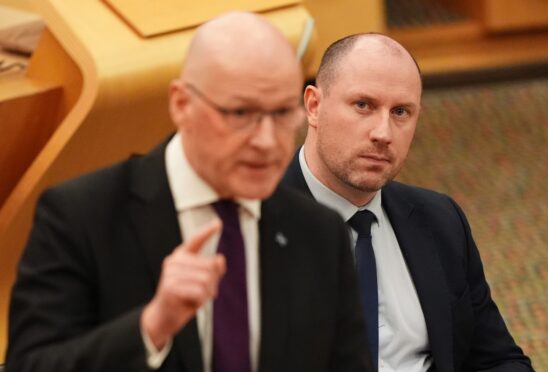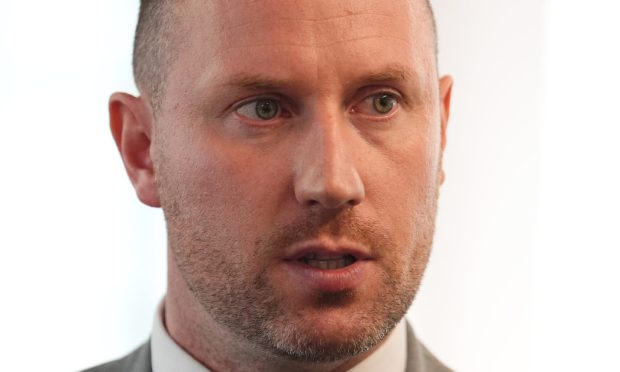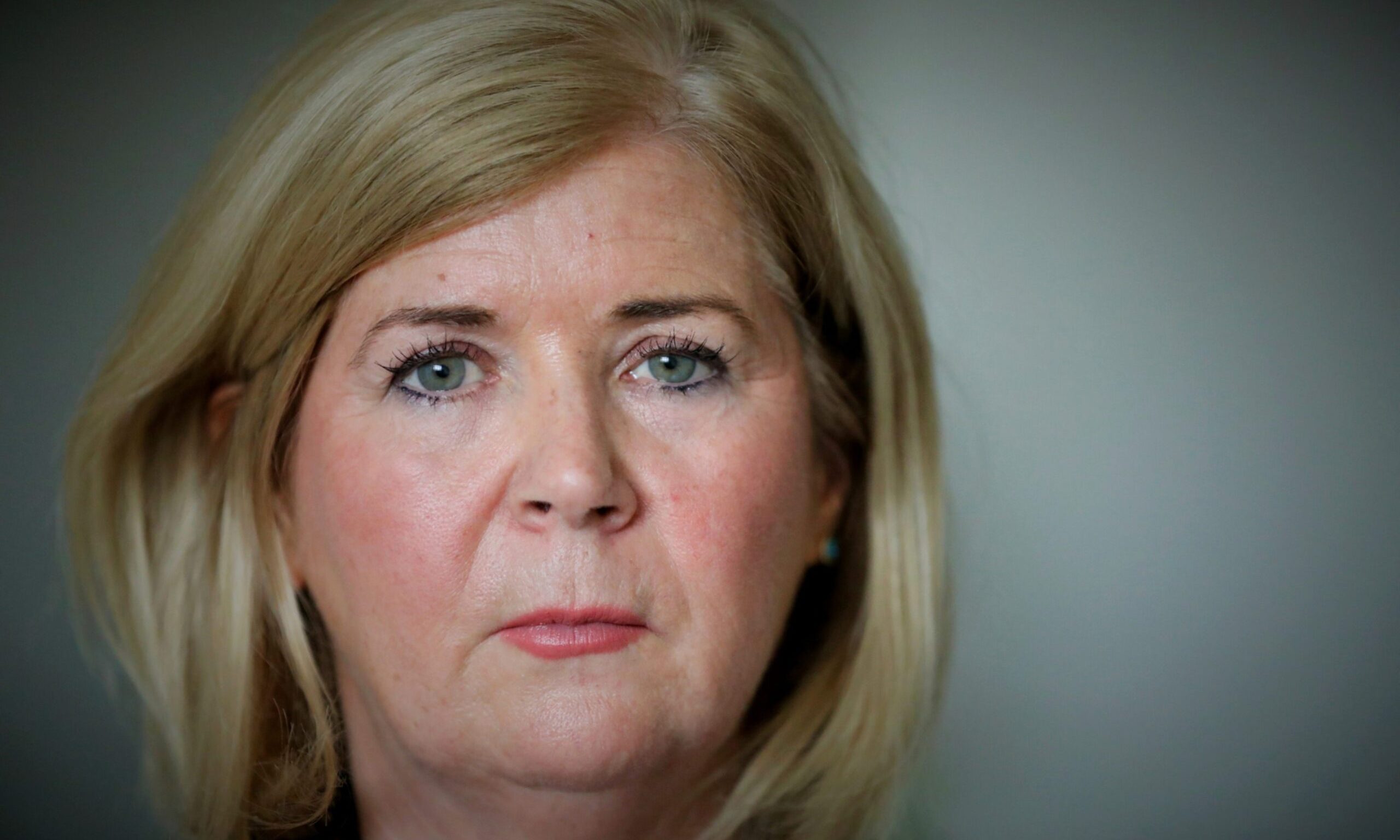Labour’s standing as the party of the left has been called into question by academics who found that less than half of their voters back left-wing policies.
Labour voters are not as left-leaning as they claim to be and are considerably less left-wing than SNP voters, according to Strathclyde University researchers.
More than 10,000 people have completed an online voter guidance tool which asks users’ party preferences and political leanings before quizzing them on a range of cross-party policies.
Just 44% of Labour supporters backed policies deemed left-wing while nearly three-quarters (73%) of SNP supporters gave left-wing responses.
Users were asked to rate themselves left or right-wing on a sliding scale.
Almost the same proportion of Labour (59%) and SNP voters (62%) described themselves as far to centre left, but Labour voters were less likely to give a “left-wing response” to policy choices.
Academics described the mismatch between Labour voters’ self-proclaimed leanings and policy choices as a “paradox”.
Labour has pledged to “keep university tuition fees free” and described paid fees as a dishonest “stealth tax”.
But two-fifths (40%) of Labour voters said students should pay tuition fees and less than half (47%) think they should be free.
In contrast, 83% of SNP supporters back fee-free education and 12% oppose it.
Labour has pledged “radical” land reform to “tackle the concentrated pattern of land ownership” and also to “empower crofting communities”.
However, a third (32%) of Labour voters did not think crofters should be able to force the sale of private estates.
Slightly more Labour voters (42%) said crofters should be able to force sales, considerably fewer than SNP voters (68%).
About one in ten (11%) Labour voters oppose raising benefits while little more than half (56%) back a benefits hike, compared with three-quarters (74%) of SNP voters who backed raising benefits and just 4% opposed.
The study stated: “Across all of the relevant items in the tool, 73% of SNP voters can be classified as left-wing while 44% of Labour supporters fall into this category.”
John Curtice, Professor of Politics at Strathclyde, said: “On a number of key issues, Labour voters are apparently less keen than SNP supporters on government funding and intervention.
“The electoral battle between Labour and the SNP at this election is apparently not just about whether Scotland should or should not be in the UK, but also reflects a divergence of view on how big a role voters think the government should play in Scotland.”
